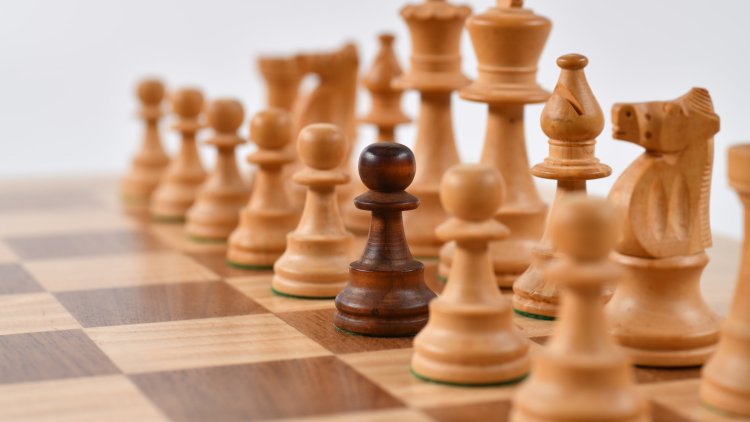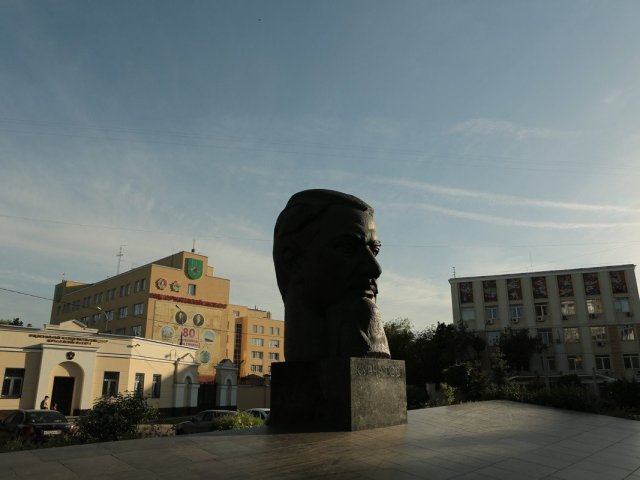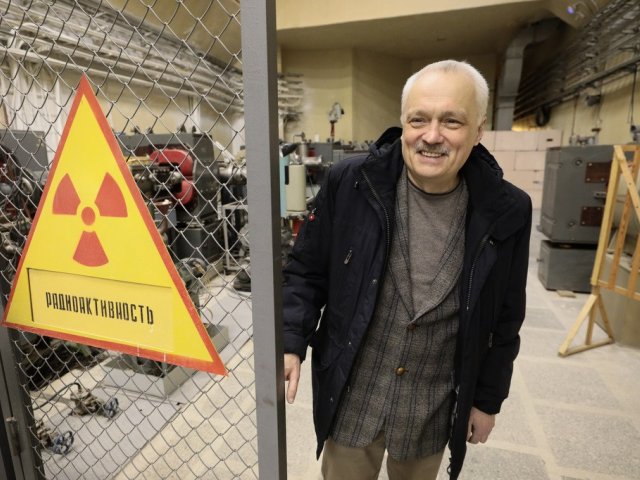Garry Kasparov is often recognized as the greatest chess player in history, as he has won many titles including 11 Chess Oscars as the best chess player of the year. Taking the upper hand in a chess duel against man was not a problem for him, yet during the chess match in New York he had to play against computer Deep Blue designed by IBM. Garry Kasparov capitulated after the 17th move. The computer playing white pieces won the game. For Kasparov, it was the quickest defeat in his career. As for the mankind, it was a landmark in history, as the computer defeated a world chess champion for the first time.
The story of chess games between man and machine is not new. The idea of the machine being capable of defeating man dates back to 18th century. In 1769, chess machine Mechanical Turk was built. However, it was mechanical only for the public, as a man was hidden inside the machine. It was he who would defeat the strongest players.
When computers were invented, computer chess games started being played. People would not lose interest in teaching the soulless machine play chess on a high level. At the first stages, the computer’s victory over a person being a novice in chess was considered incredible success, yet neural networks soon got into the game. For instance, in 2017, British company Deep Mind dealing with artificial intelligence created a program which could learn to play for just several hours on its own and defeated the best chess algorithms.
At present, the attitude toward the machines has changed. It is increasingly harder, if not impossible, for the man to play against the machine, as the artificial intelligence can think many moves ahead for a much shorter period of time. As Garry Kasparov writes on the website of Alpina Book Publishers, he and other chess players set sights on making the man and machine partners instead of opponents. “…The amazing results of centaurs’ battles have convinced me in the fact that chess can still offer a lot in such a field as the interaction of human mind and artificial intelligence.”
Technological development gives the mankind no chances for victories not only in chess, but this fact opens fundamentally new prospects for us.
Based on open sources
Source of photo on the homepage: Randy Fath on Unsplash
Source of photo on the article page: Randy Fath on Unsplash






















